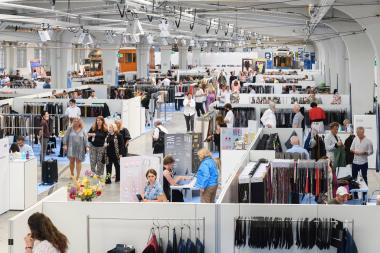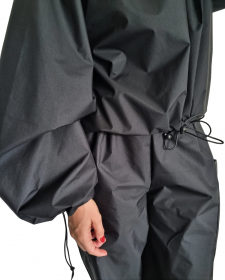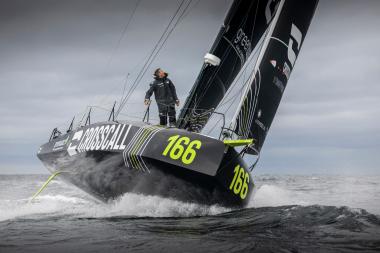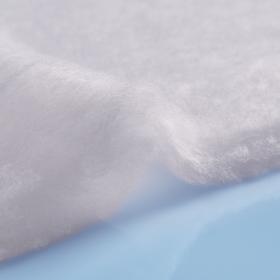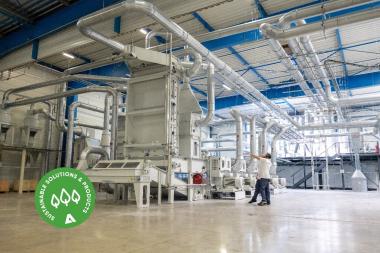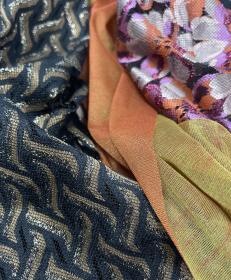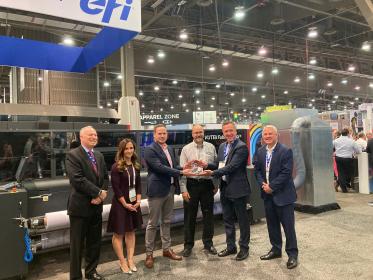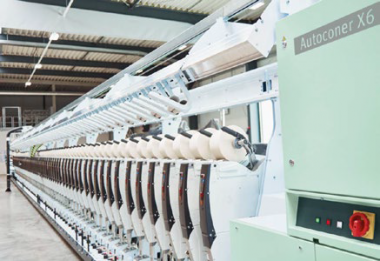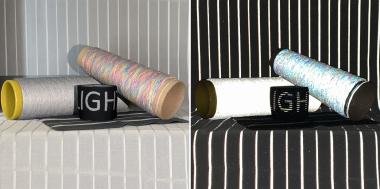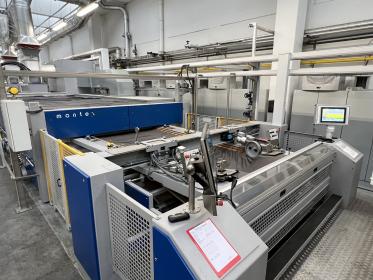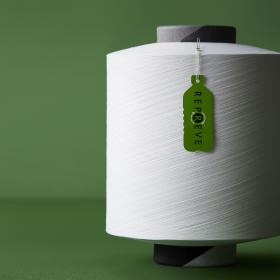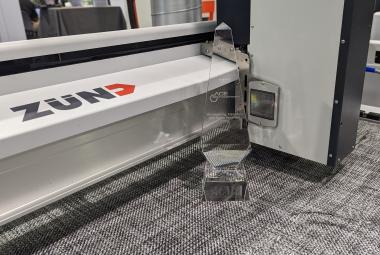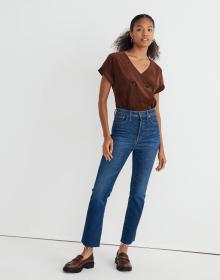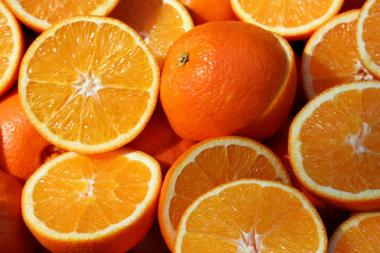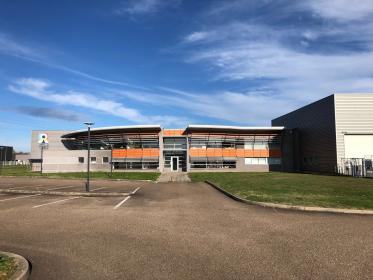300 Pre-Collections at VIEW Premium Selection
First insights, first new materials and trend highlights: On 29 and 30 November 2022, the European premium fabric sector will meet for an important exchange with international producers at VIEW in Munich to find out about the first colour and material trends for spring/summer 2024 at the earliest possible time. A selected range of around 300 pre-collections will be on show at the MVG Museum. This means that VIEW will once again be strong and business-relevant this season.
The past VIEW Premium Selection in June 2022 was a great success. Completely booked out and more international than ever, the Preview Textile Show of Munich Fabric Start Exhibitions GmbH was an important contact point for the buying and design teams of companies such as Akris, Baldessarini, Bogner, Calvin Klein, Cinque, Comma, Drykorn, Escada, Hugo Boss, Lala Berlin, Lagerfeld, Laurél, MAC, Marc Cain, Marc O'Polo, Riani, Schumacher or Strellson. The trend towards an increasingly international range continues in November. Numerous buyers, designers and product managers from European ready-to-wear manufacturers are expected in Munich the week after next, looking for new material innovations and trends at VIEW and the parallel ISPO.
International exhibitor portfolio with many new names
Material influences from Europe to Asia bring a highly exciting mix for the trend research of the new collections. Exhibitors from Bulgaria, China, Denmark, Germany, France, Great Britain, Greece, Hong Kong, Italy, Japan, Korea, Spain and Turkey are among the participants.
The newcomers and returnees include, in addition to others:
AGNSTR / ALA CAMPOLMI / BAIRD MC NUTT / BELL & THUNDER / CB STILE / COLORA / EKOTEN / FABRIC LAB / GUARISCO / JECA LIMITED / KING BUTTON / LANIFICIO CAVERNI / LIMONATA EAST / M.T.T. MANIFATTURA / MANTERO / MILIOR / MTP PIEROZZI / PADROCASAS / PIZVAL / RIBBONTEX / SITIP / TEKSTINA SINCE 1828 / TEXMODA / VIVOLO und WAY.
munichfabricstart


